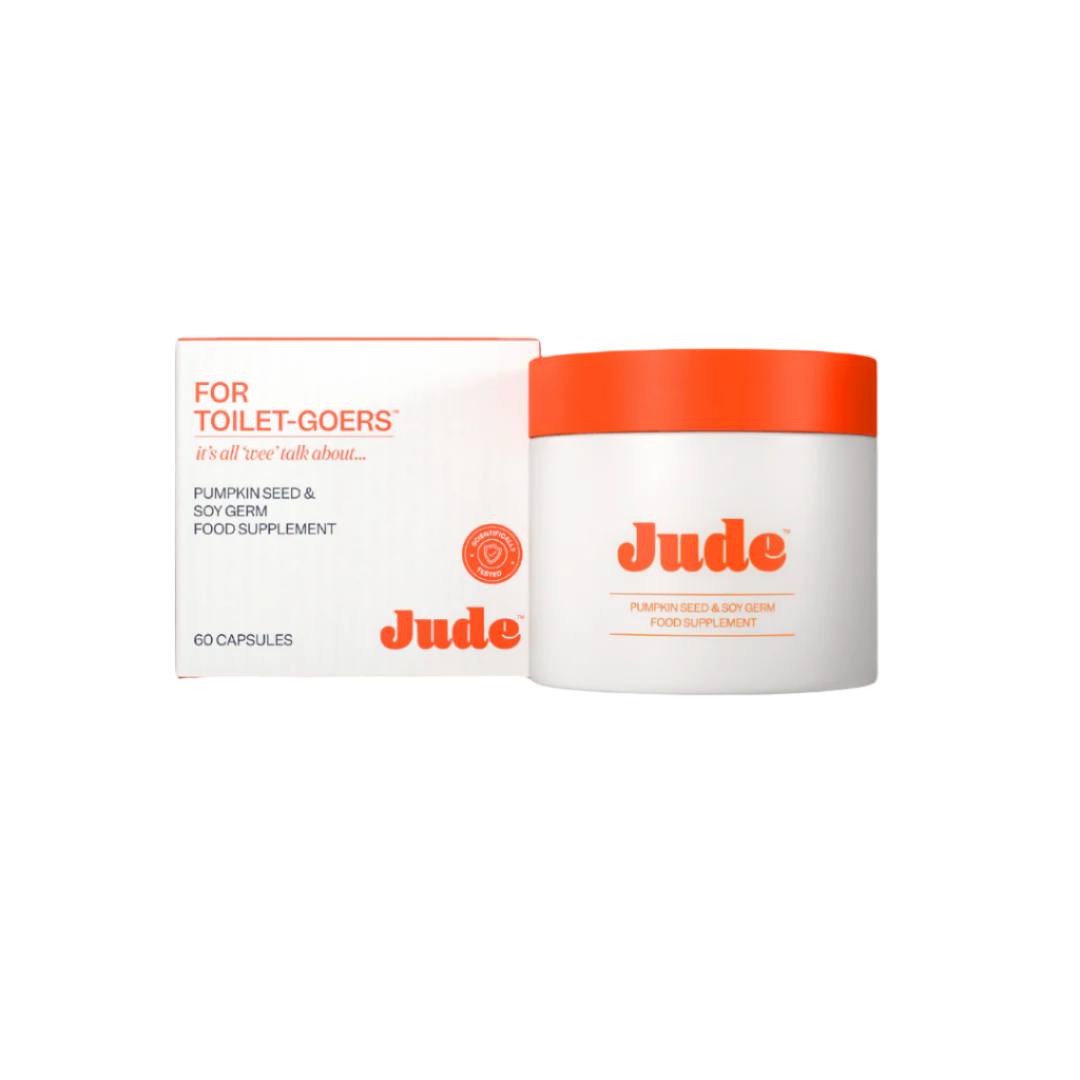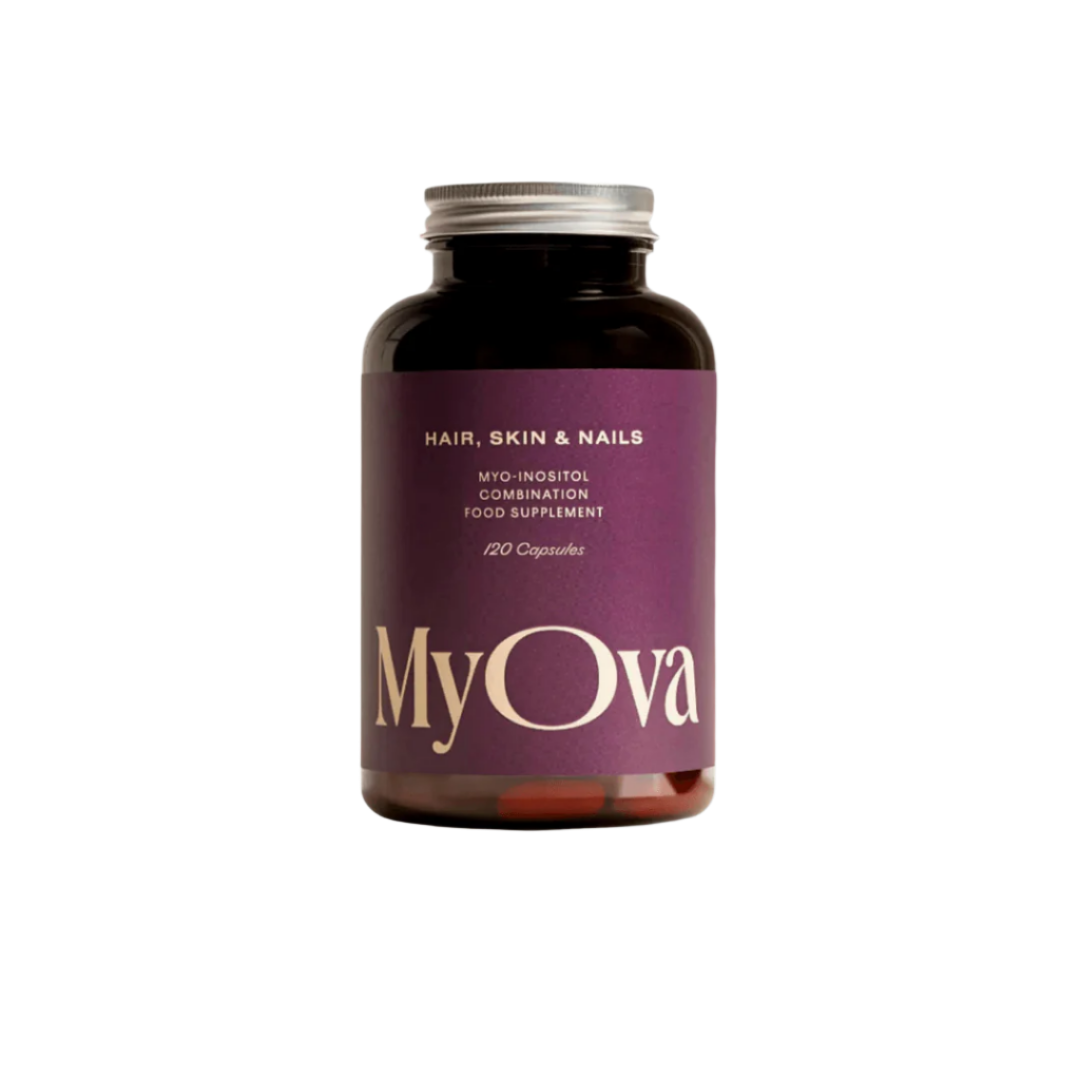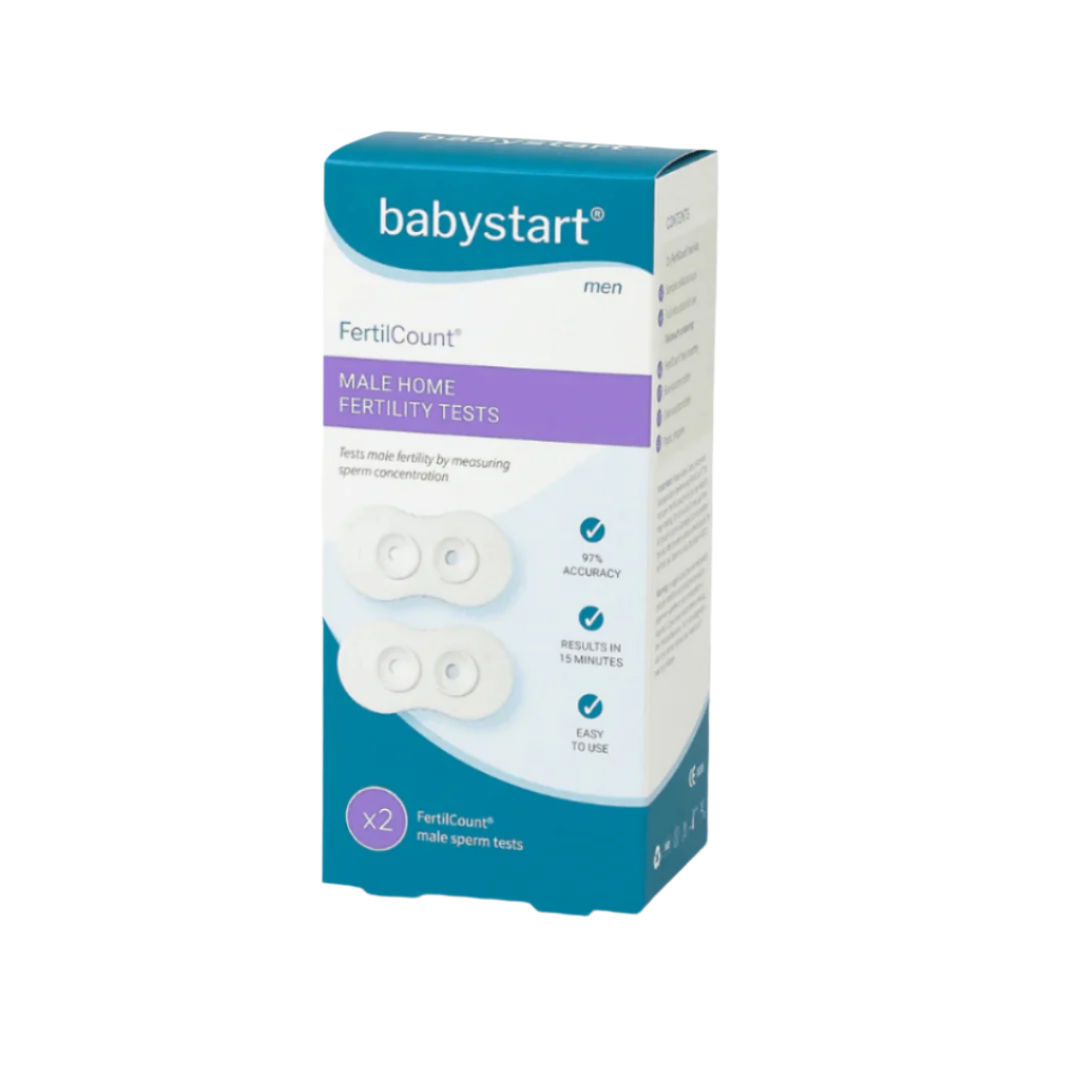In recent years, many individuals and couples have turned to complementary treatments as an alternative or supportive approach to fertility. In contexts where conventional fertility treatments may be ineffective, inaccessible, or simply not desired, complementary methods—especially acupuncture—are increasingly being considered for their potential to improve reproductive outcomes. 🤰
Understanding Acupuncture and Its Principles 🧘♀️
Acupuncture is a key component of traditional Chinese medicine that involves the insertion of fine needles at specific points on the body. The aim is to rebalance the flow of energy, or “qi”, and to stimulate the body’s natural healing mechanisms. While the concept of qi may seem foreign to Western medicine, many practitioners and researchers are exploring how the stimulation of specific points might influence various bodily functions, including hormonal regulation, blood flow, and stress reduction. 🌿
How Acupuncture May Influence Fertility 🔍
Acupuncture’s potential benefits for fertility are thought to stem from several mechanisms:
-
Hormonal Regulation:
Research suggests that acupuncture may help modulate the body’s hormonal balance. By influencing the hypothalamic-pituitary-ovarian axis, acupuncture could contribute to more regular menstrual cycles and improved ovulation patterns. ⚖️ -
Improved Blood Flow:
Some studies indicate that acupuncture can increase blood flow to the reproductive organs. Better circulation may enhance the environment of the uterus and ovaries, potentially improving the chances for fertilisation and implantation. 💓 -
Stress Reduction:
Infertility journeys are often accompanied by significant emotional and physical stress. Acupuncture has been shown to reduce stress levels and promote relaxation by triggering the release of endorphins. This stress relief is crucial, as high stress can negatively impact reproductive health. 😌 -
Immune System Modulation:
Emerging evidence suggests that acupuncture might help regulate immune responses, which is particularly relevant for individuals experiencing unexplained infertility related to autoimmune factors. 🛡️
The Evidence: What Do the Studies Say? 📚
While research on acupuncture and fertility remains a topic of debate, several studies have explored its effects on reproductive outcomes. Some clinical trials have reported improved pregnancy rates when acupuncture is used as an adjunct to fertility treatments, although results are not uniformly positive. Critics argue that placebo effects may account for some of the perceived benefits, yet many patients report enhanced well-being and reduced stress after acupuncture sessions. 🌟
In the absence of effective or available conventional fertility treatments, these complementary approaches offer hope. They provide a non-invasive, natural option for those seeking to enhance their fertility through methods that work with the body’s own regulatory systems. 🌺
Complementary Treatment in Context 🤝
It is important to note that while acupuncture shows promise, it is not a guaranteed solution for infertility. Complementary treatments should be seen as part of a holistic approach to reproductive health. For some, these treatments offer a way to empower themselves in the face of challenging fertility journeys, providing an additional tool to explore alongside lifestyle changes such as nutrition, exercise, and stress management. 🍏🏃♀️
Furthermore, integrating complementary treatments into a fertility strategy highlights the importance of personalised care. Every individual’s body and fertility challenges are unique, and what works for one person may not work for another. As such, those considering acupuncture should consult with both their healthcare providers and qualified complementary medicine practitioners to create a tailored plan. 📝
Conclusion 🌈
Acupuncture and other complementary treatments are increasingly recognised as valuable components of a broader approach to fertility. For many individuals—especially when conventional treatments are not effective or accessible—acupuncture offers a gentle, holistic alternative that may help restore balance, reduce stress, and improve reproductive health. 💖
While more research is needed to fully understand the mechanisms at play and to validate its efficacy across larger populations, the experiences of many patients continue to fuel interest in acupuncture as a complementary option. Whether as a stand-alone approach or as an adjunct to other therapies, acupuncture represents a meaningful way to support the journey towards achieving fertility in a natural, empowering manner. 🌟
If you’re exploring all your options, consider discussing complementary treatments with your healthcare team to determine if they may be right for your individual needs. 😊









